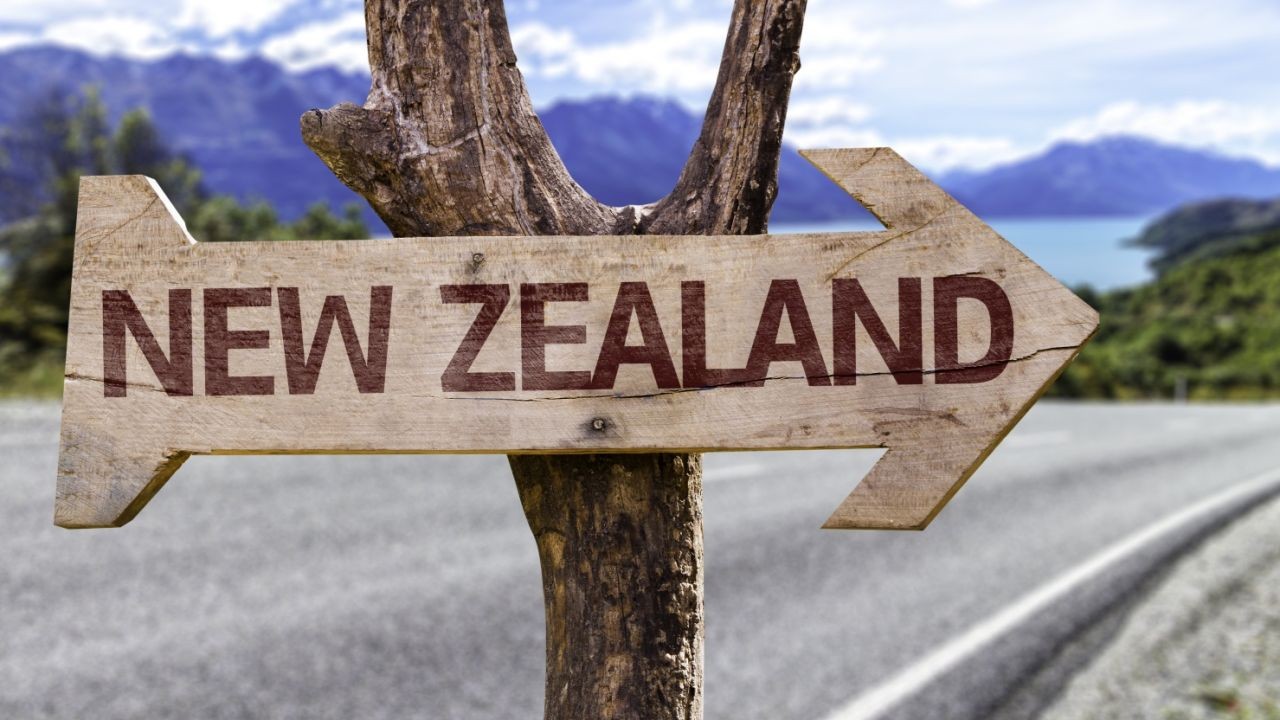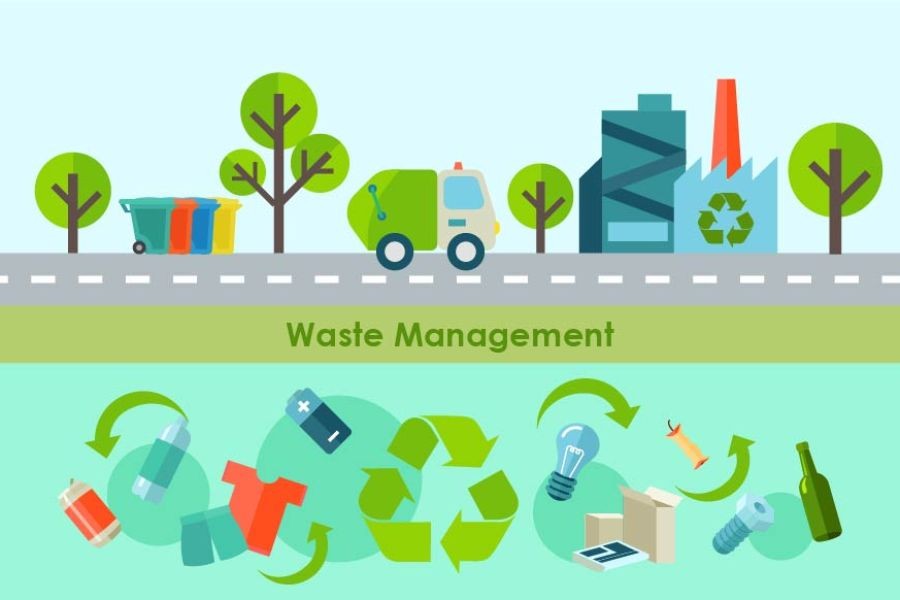New Zealand’s economic landscape is unique, characterized by its rich cultural tapestry and diverse business ecosystem. Yet, even in this dynamic environment, the latest report from TDB Advisory reveals a surprising stagnation. The assets of the ten largest iwi have increased by only $100 million since 2022—a figure that raises eyebrows and questions about economic growth in Maori enterprises. This article delves into the implications of this report, offering a detailed analysis of the factors at play.
Understanding the Significance of Iwi Assets
Iwi, the largest social units in Maori society, play a crucial role in New Zealand’s economy. They are not only cultural guardians but also major players in various industries, from fisheries to forestry. With assets totaling billions, their economic activities significantly impact New Zealand’s GDP. Thus, a mere $100 million increase in assets highlights a potential stagnation or reallocation of resources.
Pros: Economic Diversification and Cultural Preservation
- Economic Diversification: Iwi investments span various sectors, providing stability. For instance, while the dairy industry faced downturns, iwi investments in digital technologies and eco-tourism showed growth.
- Cultural Preservation: Iwi assets are often reinvested into cultural and educational initiatives, ensuring the Maori heritage thrives alongside economic ventures.
- Community Development: These assets fund community projects, enhancing social infrastructure and quality of life.
Cons: Limited Growth and Regulatory Challenges
- Limited Growth: The sluggish growth in assets suggests potential inefficiencies or a conservative investment approach that could hinder scaling opportunities.
- Regulatory Challenges: Compliance with New Zealand’s complex regulatory landscape can stall iwi projects, affecting growth rates.
- Market Volatility: Global economic shifts have made some traditional iwi investments, such as in fisheries, more susceptible to international market fluctuations.
Real-World Case Study: Ngāi Tahu’s Strategic Pivot
Problem: Ngāi Tahu, one of New Zealand’s wealthiest iwi, faced challenges in maximizing returns from their traditional investments in fisheries and agriculture due to market saturation and volatility.
Action: To counteract these challenges, Ngāi Tahu diversified into renewable energy and technology sectors, leveraging government incentives for sustainable investments.
Result: Within two years, Ngāi Tahu reported a 25% increase in asset value attributed to these new ventures, demonstrating the potential for growth through strategic diversification.
Takeaway: The case of Ngāi Tahu illustrates the importance of adaptive strategies in investment portfolios, offering a blueprint for other iwi seeking to navigate New Zealand’s evolving economic landscape.
Challenges and Myths in Iwi Asset Management
- Myth: Iwi assets are predominantly in traditional sectors.
- Reality: Many iwi have expanded into technology and renewable energy, sectors predicted to grow by 40% in the next decade (Source: MBIE).
- Myth: Iwi investments are risk-averse.
- Reality: Iwi are increasingly adopting innovative financial instruments to maximize returns, as evidenced by Ngāi Tahu’s success.
Future Trends: Embracing Innovation
Looking ahead, iwi need to capitalize on emerging opportunities, particularly in technology and sustainable development. According to a report from the Reserve Bank of New Zealand, industries like renewable energy are set to grow by 50% by 2030, presenting lucrative opportunities for iwi investments. Furthermore, partnerships with tech startups could facilitate access to cutting-edge innovations, enabling iwi to remain competitive on a global scale.
Final Takeaways & Call to Action
- Assessing current asset allocations can reveal potential inefficiencies. Consider reallocating resources to high-growth sectors like technology and sustainable energy.
- Engage with policy makers to streamline regulatory processes, enabling faster implementation of investment strategies.
- Explore partnerships with tech companies to harness innovative solutions that drive economic growth while preserving cultural values.
- Stay informed on industry trends and emerging opportunities by subscribing to newsletters or participating in economic forums.
What’s your take on the future of iwi investments? Share your insights and join the discussion below!
People Also Ask (FAQ)
- How does iwi asset management impact New Zealand’s economy? Iwi assets contribute significantly to New Zealand’s GDP, with diversified investments ensuring stability across different sectors.
- What are the biggest misconceptions about iwi investments? Many believe iwi focus solely on traditional sectors, but recent trends show a shift towards technology and sustainable industries.
Related Search Queries
- Iwi investment strategies
- Ngāi Tahu asset growth
- New Zealand economic trends 2025
- Maori economic development
- Sustainable investments in New Zealand






























Morisset Dental
3 months ago